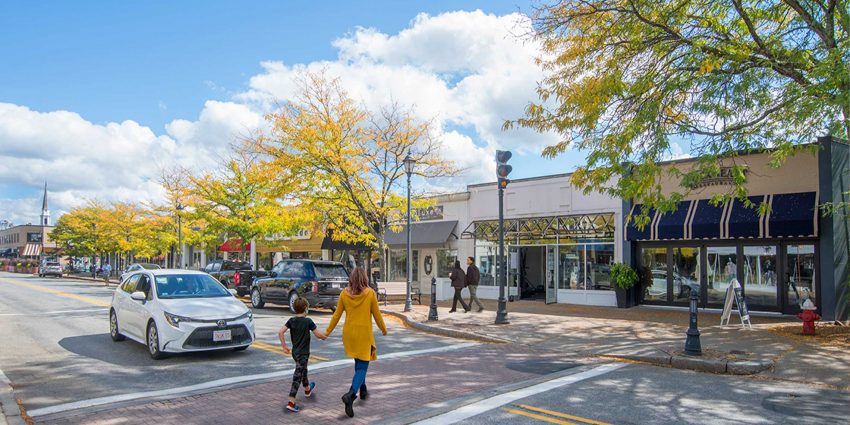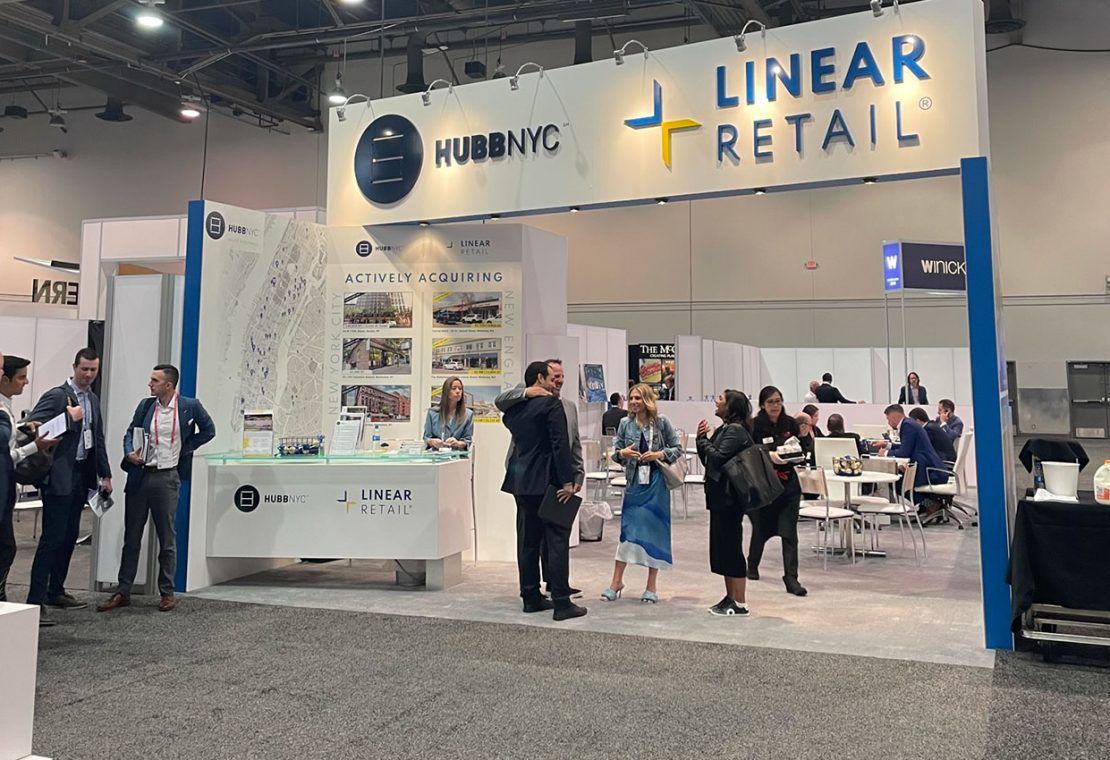
Understanding shopping center and commercial real estate terms is important when getting to know our industry. Below, we’ve listed some common ones for you to learn. These terms are grouped into five main departments: Leasing, Development, Construction, Marketing, and Operations. Familiarizing yourself with these terms will help you navigate the industry more effectively.
LEASING
- NNN (Triple Net) Lease: This type of lease, abbreviated as NNN, requires the tenant to cover all taxes, insurance, and maintenance costs associated with the shopping center.
- Co-tenancy clause: This clause in a tenant’s lease allows for reduced or waived rent until a specific portion of the center is occupied by other tenants.
- LOI (Letter of Intent): Before signing a formal lease, this document outlines the intentions and key terms agreed upon by the landlord and tenant.
- Mom-and-Pop Store: These are small, independently owned stores typically operated by the owners themselves, giving them a unique and personal touch.
- Demographics: Statistical data relating to the population characteristics of a specific area, such as age, gender, income level, and household size, used to analyze consumer behavior and market potential.
- Anchor Tenant: A major retailer or business that attracts a significant amount of foot traffic to a shopping center, often serving as the primary draw for other tenants.
DEVELOPMENT
- Mixed-use Center: These centers combine multiple revenue-generating uses like retail, office, parking, restaurants, hotels, residential areas, and entertainment venues.
- Pad: This is the specific parcel of land where a store’s building is located.
- Parking Ratio: This ratio measures the relationship between parking space and the land area covered by buildings or space within the buildings. It’s usually expressed as the number of car spaces per 1,000 square feet of rentable area.
- Critical Mass: This term refers to the large number of retailers and square footage needed in a center or market to generate excitement and attract a high volume of shoppers.
CONSTRUCTION
- Vanilla Box: This is a space that’s partially finished by the landlord, typically including HVAC, walls, floors, stockroom, basic electric and plumbing, rear door, and storefront, based on negotiations with the tenant.
- LOD (Lease Outline Drawing): This document prepared for the tenant shows the demised space and its relation to adjacent spaces and the center as a whole. It identifies entry points for electrical, plumbing, HVAC, and waste lines, but usually doesn’t show existing partitions and fixtures.
- Replacement Cost: This refers to the current cost of construction without factoring in depreciation.
- CO (Certificate of Occupancy): This document, issued by a local government, permits the occupancy of a structure by the public. Its issuance generally indicates compliance with public health and building codes.
MARKETING
- ROI (Return on Investment): Measures the profitability of an investment relative to its cost.
- Branding: The process of creating a unique and recognizable identity for a shopping center or retailer, including its name, logo, signage, and overall aesthetic, to differentiate it from competitors and attract customers.
- Fact Sheet/brochure: Provides essential information about a space for lease or shopping center property in a concise, non-narrative format.
- SEO (Search Engine Optimization): Enhances the visibility of a website or webpage in search engine results, improving organic (unpaid) traffic.
OPERATIONS
- CAM (Common Area Maintenance): The fee charged to tenants for their portion of maintaining shared areas in a center, covering expenses like electricity, security, and parking lot upkeep.
- HVAC (Heating, Ventilation, and Air-Conditioning): Systems responsible for regulating indoor temperature and air quality in buildings.
- Emergency Book: A handbook provided to new tenants containing essential contact numbers and emergency procedures.
- Irregularity Reports: Written records detailing any unusual or irregular conditions observed by security officers.

